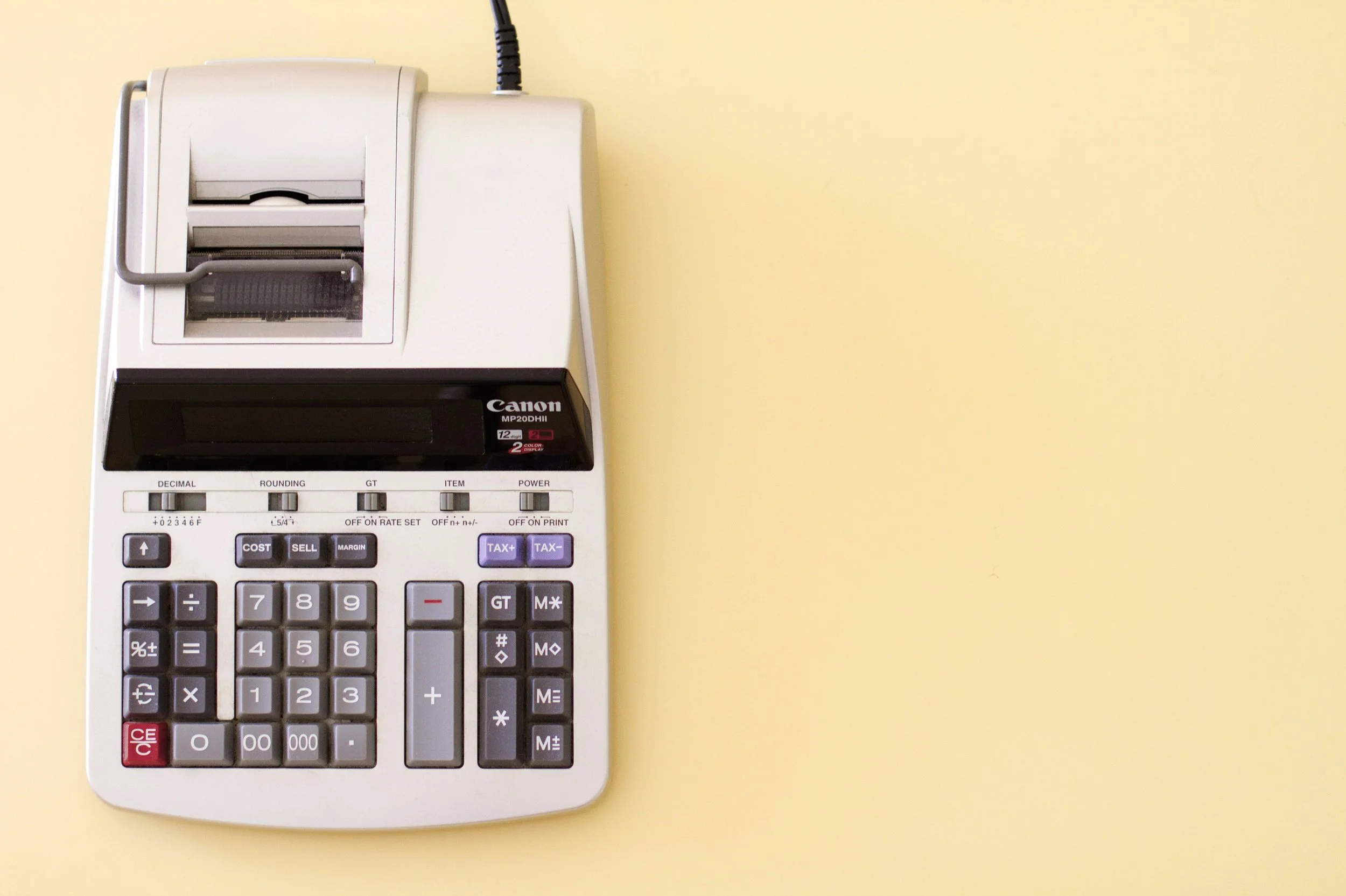How to Maximise Your Tax Deductions ahead of 30 June
Written by Julie Jung & Dylan Sinclair
As the end of the financial year approaches, it's crucial to maximise your tax deductions in order to ensure you keep more of your hard-earned money. By understanding and utilising the available deductions, you can significantly reduce your taxable income. Here's a comprehensive guide to some key deductions you should consider before 30 June 2024.
Vehicle and Travel Expenses
If you use your vehicle for work purposes, you may be able to claim a deduction for the related expenses. The ATO allows to claim in two methods, you can use a logbook method or claim cents per kilometre up to 5,000km. To claim this under a logbook method, the logbook must be kept for at least 12 continuous weeks to work out the work-related usage percentage and you can claim part of fuel, maintenance, registration, and insurance. It's important to keep accurate records, such as a logbook, detailing the business use of your vehicle. Additionally, you can claim travel expenses for work-related trips, such as attending conferences or meetings. Remember, commuting between home and work is generally not deductible.
Work-Related Clothing, Laundry, and Dry-Cleaning Expenses
Work-related clothing expenses can be claimed if the clothing is specific to your job, such as uniforms, protective clothing, or occupation-specific attire. You can also claim the cost of cleaning these items, including laundry and dry-cleaning expenses. Make sure to keep receipts or a diary to substantiate your claims.
Education Expenses
If you undertake courses or training directly related to your current employment, you may be able to claim the associated costs. This includes course fees, textbooks, stationery, and travel expenses to attend classes. The education must maintain or improve the skills needed in your present job or be likely to increase your income from your current employment.
Home Office Expenses
With the rise of remote working, home office expenses have become increasingly relevant. The ATO allows you to claim using a “Revised Fixed Rate Method” an amount of $0.67 per work hour for the 2024 financial year. You need to keep a detailed record of how you calculated the number of hours you are claiming, and this rate covers most expenses such as mobile, internet, electricity, stationery, and computer consumables. However, it must be noted that if you claim using the Revised Fixed Rate Method, you will not be able to make separate claims for any of its included expenses, even if you are referring to a claim for time spent within the office. E.g., the fixed rate method includes mobile usage, thus you cannot make a separate claim for mobile phone usage within the office. You can also claim expenses using an “Actual Cost” method, however with this method you will need a logbook and keep track of all invoices and receipts during the entire year to prove all claims.
Donations (and Gifts)
Charitable donations over $2 to registered charities can be claimed as tax deductions. Ensure you have receipts for these donations. Non-monetary donations, such as goods or property, can also be deductible, but specific rules apply, and the value must be substantiated.
Interest and Investment Deductions
If you have investments, you may be able to claim deductions for interest and other related expenses. This includes interest on loans taken out to purchase investment properties, shares, or other income-producing assets. Additionally, you can claim deductions for investment management fees, account-keeping fees, and costs related to investment advice.
Personal Super Contributions
Personal contributions can be claimed as a tax deduction, reducing your taxable income. Ensure you notify your super fund of your intent to claim a deduction and receive an acknowledgment before lodging your tax return. If you would like to make any additional contributions or find out how you could optimise your superannuation and tax liabilities, please speak to one of our Financial Advisers.
Tax Agent and Accounting Fees
Fees paid to a registered tax agent for preparing and lodging your tax return are deductible. This also includes costs related to obtaining tax advice and assistance with managing your tax affairs. Keep records of all such expenses to support your claim. If you still have outstanding invoices for tax accounting work here with Salt, please make sure that you pay these before 30 June in order to claim them as tax deductions.
Other Work-Related Expenses
Other work-related expenses that you can claim include union fees, subscriptions to professional associations, and work-related tools and equipment. You can also claim a deduction for expenses incurred in maintaining professional knowledge, such as journals and periodicals. Ensure that all claims are directly related to your employment and that you have kept the necessary records.
By carefully considering and documenting these deductions, you can maximise your tax return and potentially receive a larger refund. Always keep detailed records and receipts to substantiate your claims. If you're unsure about any deductions or how to best manage your tax affairs, please feel free to seek advice from our qualified accountants here at Salt Financial Group (Contact us here). With a little planning and effort, you can make the most of your tax return for the 2024 financial year.

